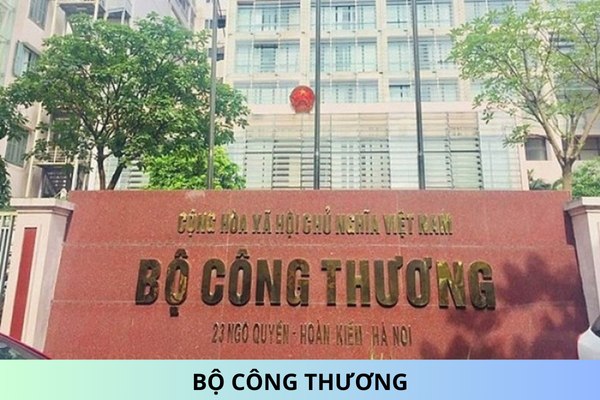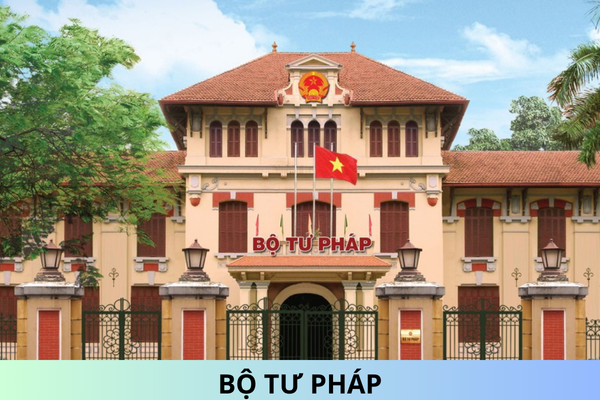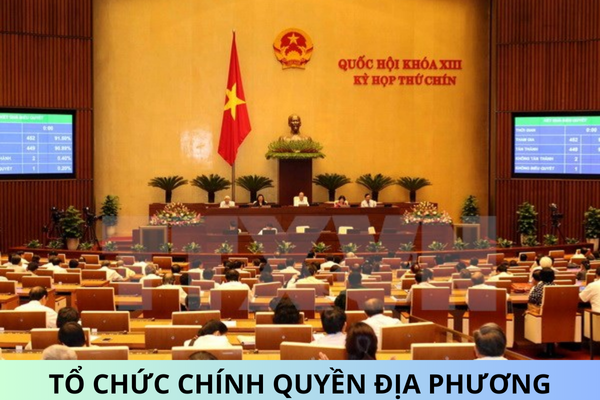Is there a severance regime for public employees who have been approved by competent authorities to move to another working unit in Vietnam?
Please ask: Is there a severance regime for public employees who have been approved by competent authorities to move to another working unit in Vietnam?- Question from Mr. Duy (Hue).
Is there a severance regime for public employees who have been approved by competent authorities to move to another working unit in Vietnam?
At Point a, Clause 4, Article 57 of Decree 115/2020/ND-CP on settlement of severance for public employees as follows:
1. Public employees are entitled to dismissal in the following cases:
a) The public employee unilaterally terminates the working contract according to the provisions of Clauses 4, 5 and 6, Article 29 of the Law on Public Employees;
b) The public non-business unit unilaterally terminates the working contract with the public employee when there is one of the cases specified at Points c, d and dd, Clause 1, Article 29 of the Law on Public Employees and Clause 4, Article 2 of the Law on amending and supplementing a number of articles of the Law on Cadres and Civil servants and the Law on Public Employees;
c) The public non-business unit fails to renew the working contract with the public employee upon the end of the definite-term working contract.
2. An employee whose severance has not been settled in one of the following cases:
a) Being within the time limit for disciplinary action, being investigated, prosecuted or tried;
b) Have not worked for the full commitment period with the public non-business unit when being sent for training;
c) Has not completed the payment of money and property under the responsibility of the public employee to the public non-business unit;
d) Due to work requirements and no replacement has been arranged.
3. Procedures for severance settlement:
a) In case a public employee unilaterally terminates a working contract, a written notice must be sent to the head of the public non-business unit as prescribed in Clause 6, Article 29 of the Law on Public Employees.
Within 05 working days from the date of receiving the official's written request, if the public employee agrees to let the employee quit, the head of the public non-business unit shall terminate the working contract and settle the retirement regime for officials as prescribed. In case of disapproval of the employee's resignation, he/she must reply to the employee in writing and clearly state the reason as prescribed.
b) In case the public non-business unit unilaterally terminates the working contract or fails to renew the working contract with the public employee, it must simultaneously settle the severance regime for the public employee as prescribed.
4. Failing to apply the severance regime in the following cases:
a) The public employee is approved by a competent agency or unit to work at another agency, organization or unit in the political system;
b) Public employees who have announced their retirement or are subject to downsizing in accordance with law;
c) Public employees are not entitled to severance allowance as prescribed in Clause 2, Article 29 of the Law on Public Employees.
Thus, the public employee who is approved by the competent authority to move to work in another working unit will not be entitled to the severance regime in Vietnam.
In addition, public employees are also not entitled to severance settlement in 2 cases:
- Having announced retirement or being subject to downsizing;
- Not entitled to severance allowance when unilaterally terminating the working contract in Clause 2, Article 29 of the Law on Public Employees 2010.
If public employees moving to another working unit who are not assigned the right job position or work location as agreed in the contract, can they unilaterally terminate their contracts in Vietnam?
Clause 5, Article 29 of the Law on Public Employees 2010 provides for unilateral termination of a working contract as follows:
5. Public employees working under working contracts with a definite term may unilaterally terminate their contracts in the following cases:
a/ They arc employed in working positions or workplaces or provided with working conditions not as agreed in their working contracts:
b/ They are paid with salaries lower than the level or later than the time agreed in their working contracts;
c/ They are maltreated or forced to work;
d/ They or their families meet so great difficulties that they cannot continue performing their contracts;
e/ Female public employees get pregnant and have to lake leave as prescribed by a medical treatment establishment;
f/ They fall sick or have accidents and have received medical treatment for 3 or more consecutive months but cannot rehabilitate their working capacity.
Thus, when a public employee moves to another working unit but is not arranged according to the correct job position or location agreed in the working contract, the public employee has the right to unilaterally terminate the labor contract in Vietnam.
Will public employees terminate the contract with the former unit when they move to another unit and become a civil servant in Vietnam?
In Clause 4, Article 28 of the Law on Public Employees 2010 as amended by Clause 3, Article 2 of the Law on Cadres and Civil Servants and the revised Law on Public Employees 2019, there are regulations on change of contents, renewal, suspension and termination of working contracts as follows:
1. In the course of performing a working contract, if either party requests to change the contents of the contract, it shall inform the other party at least 3 working days in advance. When so agreed, the panics shall modify and/ or supplement the relevant contents of the working contract. While conducting negotiations, the parties shall still comply with the signed working contract. If negotiations fail, the parties shall continue performing the signed working party or agree to terminate it.
2. For a definite-term working contract, 60 days before the expiration of the working contract, the head of the public non-business unit shall continue to sign or terminate the working contract with the public employee.
If the public non-business unit still has demand and the public employee fully meets the requirements as prescribed by law, the head of the public non-business unit must continue to sign a working contract with the public employee.
In case of refusal to continue to conclude a working contract with the public employee, the head of the public non-business unit must clearly state the reason in writing.
3. The suspension or termination of a working contract complies with the labor law.
4. When a public employee moves to work for another agency, organization or unit, his/ her working contract will terminate and he/ she wilt have regimes and policies settled under law;
5. When a public employee is appointed by a competent authority to hold a post in the public non-business units in which, as provided for by law. he/she will work as a civil servant, or receives a retirement decision, his/her working contract will automatically terminate.
Thus, when a public employee moves to another unit and becomes a civil servant, the employment contract with the former unit will be terminated in Vietnam.
Best regards!











